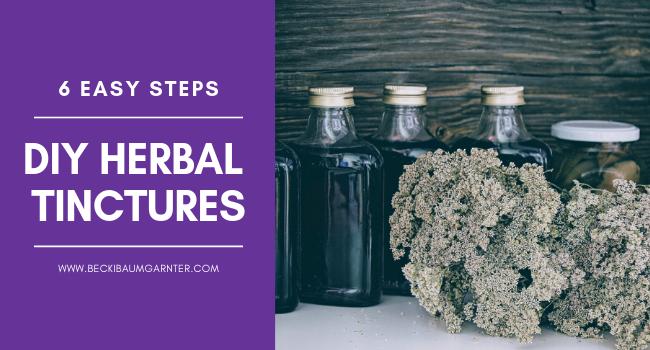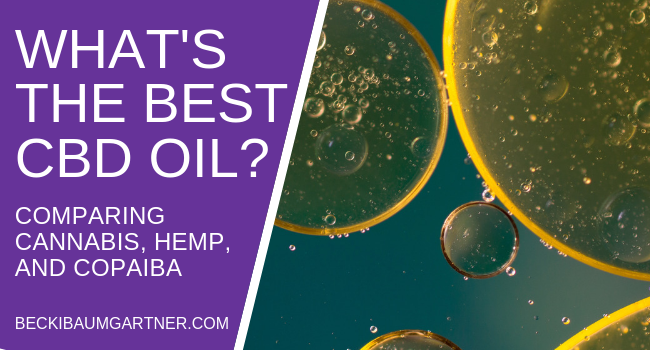Every part of your body needs rest, and that includes your digestive system.
And when you can combine rest with detoxification, as in a fast, you can work wonders for your body’s health.
In fact, Hippocrates (the father of Western medicine) found that fasting helped the body heal itself and included its fantastic healing benefits in his medical writings.
What Happens to Your Body While Fasting
As mentioned earlier, fasting is beneficial because it gives your body a break from digesting food, specifically the digestive organs.
The reason is that digestion uses a great deal of energy.
When fasting, your body can use the energy it would have been spent on digestion for healing and regeneration.
Here’s what happens during a fast:
- Day 1: Your body burns stored sugar (glycogen) for energy. After your body uses up all the glycogen, it starts burning fat for fuel.
- Day 2: Your body may break some muscle tissue down into amino acids, which are then converted to glucose by the liver. Glucose is needed to feed the brain.
- Day 2-3: Your body goes into ketosis. Ketosis is when the liver converts stored fat into ketones. The brain, heart, and muscles can use ketones for energy. Also, during this time, hunger pangs usually go away. In addition, you may experience a heightened sense of awareness, including clarity of mind and spirit. It’s common to lose up to 2 pounds per day during this phase.
At this point, your body is burning fat as its primary source of fuel.
And, the breakdown of body fat releases stored toxins into the bloodstream.
Your kidneys and liver then metabolize and excrete them, detoxifying you all over!
How You Might Feel While Fasting
You may experience some detoxification symptoms during your fast.
Symptoms include:
- Fatigue
- Headache
- Bad breath
- Nausea
- Skin rash
- Cold or flu-like symptoms
How Long You Should Fast
So, how long should you fast? The best length for you depends on your health.
The healthier you are, the longer you can fast.
Most practitioners recommend a fasting length of 2-3 days.
The most basic fast is a “water” fast, meaning you consume only water for the fasting period.
However, juice fasts are pretty popular and easier on the body.
What You Should Do Before and After Fasting
To properly start a fast, you should gradually decrease the amount of food you eat during the three days before the fast.
Also, avoid heavy and processed foods. Instead, eat mostly easily digested food like salads, fresh soups, and fruits.
It would be best if you end your fast the same way you started, transitioning back to normal eating slowly over three days.
Also, make sure you get plenty of rest during your fast. Keep exercise and mental activities light.
If you decide to fast longer than three days, you should do so under the supervision of a medical doctor or naturopathic physician. In addition, if you have blood sugar or other health problems, you should consult with your doctor before starting any fast.
Source: Stengler, M., Balch, J., Balch, R. “Prescription for Natural Cures, 3rd Edition“. Nashville: Turner Publishing Company. 2004.





